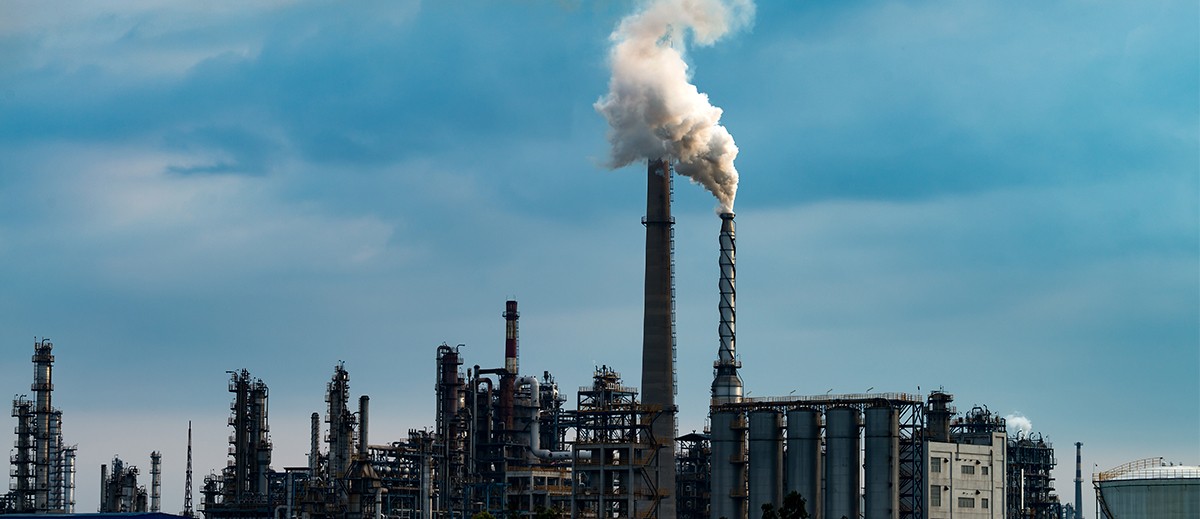Environmental economists address how to balance trade and ecology to benefit society’s interests.
03-06-2024
Among economists specializing in environmental issues, there is a consensus that a country’s economic growth should not come at the expense of its natural resources, as environmental crises create a drop in GDP. “Concepts of growth and development must include environmental protection, energy transition and the transition to agro-food systems,” said Veronica Goodman, an economist at the University of Buenos Aires (UPA), at the second meeting of the Argentina Economic Thought Seminar. .
Economics is considered synonymous with models, forecasts or finances. But in fact, there are many topics under the study of this science, including the environment. This is where ecological economics comes in, using tools to solve problems related to the use of natural resources. In this sense, World Bank researcher Mariana Conte Grant highlighted the importance of understanding climate change, whether that reality is believed or denied. “The effects of climate change have their impact on the economy of every country. If you don’t want to believe this, you can, but you have to know that every regulation and law you promote has consequences on others. All of this has a cost to the environment and the economy,” he said.
Conte Grand highlighted the relationship between trade and natural disasters by noting that floods, cyclones, typhoons and deforestation cause a drop in the sale and marketing of goods and, consequently, an increase in imports, affecting the eco-economy. This means that a country must use financial resources to acquire goods previously produced in its territory.
Furthermore, he explained that current environmental policies adopt three methods: standardization, which refers to international organizations telling countries how much to emit and what to emit; Markets that accept a certain level of emissions through taxes and permits; and information dissemination, the process of identifying the most polluting countries so that they can be regulated through market economy penalties.
According to a study prepared by the World Bank in the last quarter of 2023, drought and lack of rain directly affect the country’s agricultural sector and the macro economy. It also points out that if it continues in this direction, the national GDP could be reduced by 4% annually by 2050. “Between now and 2050, if adaptation measures (such as drought-resistant crops) are not implemented, climate change will result in losses of up to 10% in sunflower production, 30% in corn and wheat production, and up to 50% in soybean production,” says the international organization’s work. In this context, it’s worth asking whether current production and consumption models are actually environmentally desirable,” Goodman said.
Beyond these problems, the CO2 emissions that Argentina emits into the atmosphere compared to other countries, developing countries are more affected by climate change, which is why urgent measures are needed in the most polluting countries. “The relationship between the economy and the emission of greenhouse gases (GHG) is closer than believed. In Argentina, livestock farming and deforestation cause more emissions than electricity and urban transport,” compared the expert.
Goodman recalled that Argentina ratified all international agreements related to climate change and organized two climate summits in Buenos Aires in 1998 and 2004 as a series of measures to respond to this global crisis,” the researcher said.
These meetings are open to the community and live streaming will continue through the end of July, every Tuesday from 5:00pm to 7:00pm. The next talk will take place on June 10, with the participation of researchers from the Interinstitutional Institute of Political Economy (IIEP) and CONICET Martina Sidiak and Diego Murguia. Those who want to register can register their details here.

